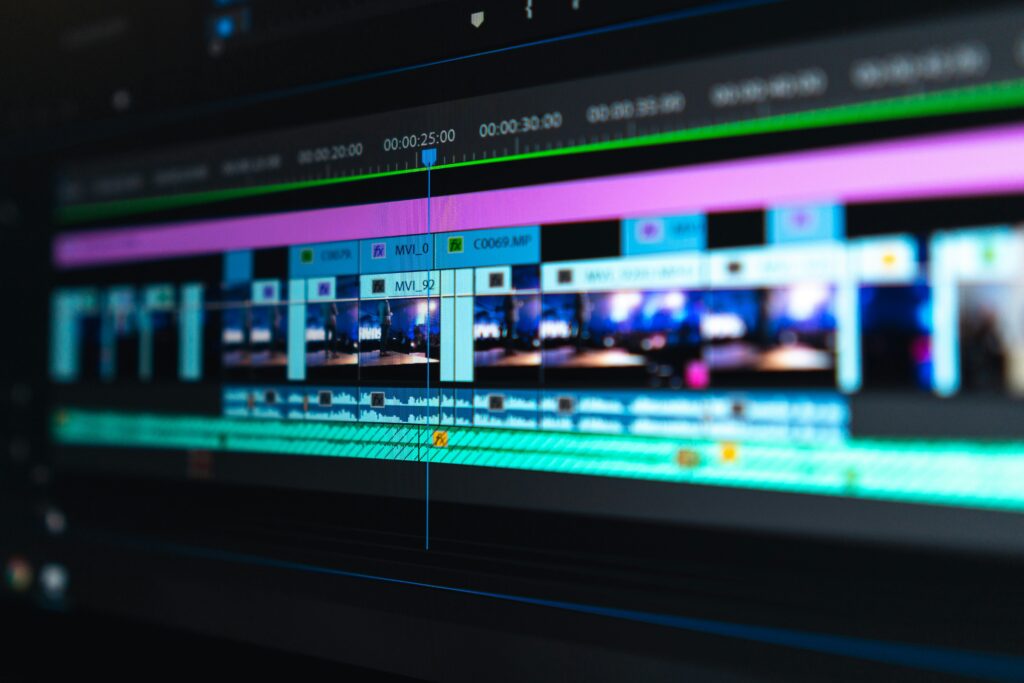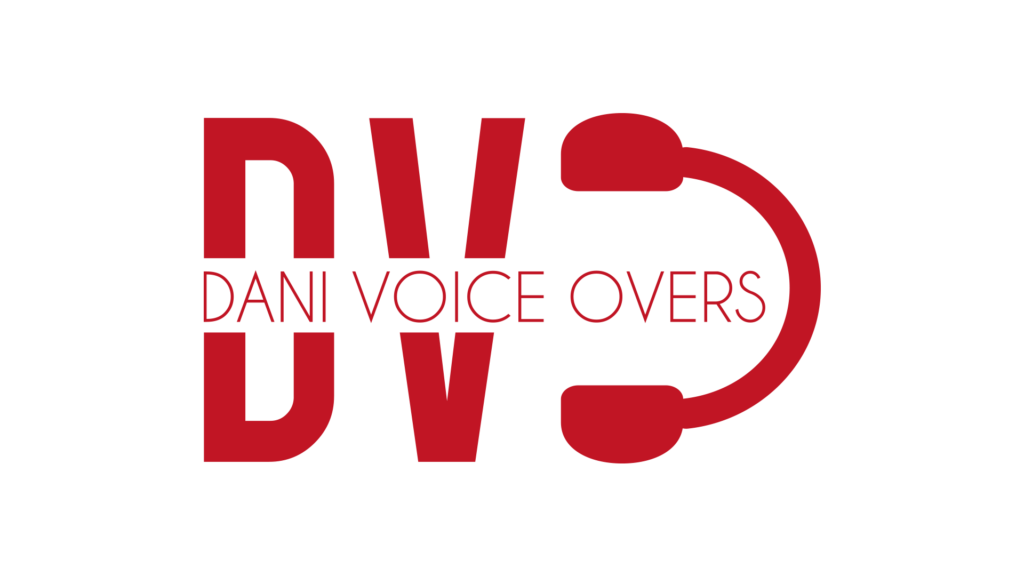
Tips to become a skilled film and video editor. “A good editor doesn’t work miracles, but a bad one can cause disasters“ (Renato Sanjuan, editor of Carmen y Lola, nominated for Best Film at the 2019 Goya Awards)
We now live in a fully audiovisual world, where everyone has the opportunity to edit his/her own videos. This democratization of the field has undoubtedly enriched and revolutionized audiovisual language. But let’s not fool ourselves: when a company plans to invest a substantial amount of money in content they expect to yield profits —whether financial or promotional— they always hire a professional video editor.
If this is the profession you’ve chosen or are considering, DVO is here to provide you with these 7 tips to become a skilled video and film editor. We firmly believe that, with your passion and effort, you’ll achieve it.
1. Never stop learning.
The first thing we must stress about this profession is that learning never truly ends. Once you’ve grasped the fundamental concepts of editing and audiovisual storytelling, get ready to be tested with each new project.
On the formal side, editing is a language and as such, even though it’s standardized, it’s constantly evolving. Every year, films, series, ads, music videos or documentaries emerge that break new ground narratively, whether with new techniques or twists on already existing ones. Incorporated these techniques and twists will enrich you and elevate you as an editor.
Concerning technique, Murphy’s Law prevails here. Just when you’ve mastered an editing software, Sony, Adobe, Avid —or whoever— will come along with new tools, updates, interface changes, new workflows or whatever they can think to challenge your expertise. And it’s adapt or perish. Sooner or later, you’ll need to update. And sooner is always better.
2. Choose a good travel companion (or several).
Editing software is our greatest ally. And the range of options is so wide that it’s not easy to pick the one that best suits our needs. But whichever you choose, it’s crucial to delve deep into it and master as many functions and tools as possible to accomplish everything you set out to do.
Certainly, you’ll have your favorite, one you work with more comfortably and efficiently. However, keep in mind that this is a highly dynamic industry: the more editing programs you handle, the greater your prospects in the job market.
3. Be organized and methodical.
An organized and methodical management can save a lot of time and many headaches. Any project, no matter how small, can accumulate a considerable array of files. Properly naming all these files and arranging them into their respective folders is vital to avoid time losses, or worst, shots or sequences losses. Losses that —even if, in the best-case scenario, are only momentary— can damage your reputation as an editor.
On the other hand, proper order will spare you from annoying distractions and allow you to focus on creative and productive aspects of your work. And seriously: always remember to regularly back up your projects.
4. Optimize your processes.
Being fast and resourceful is decisive in how other perceive your worth as an editor. This doesn’t mean rushing or working under stress, which we know aren’t advisable ways. Take the time you need to assess the takes, choose the right shots, structure a sequence, select a specific editing style… it will pay off in the end, no doubt. But once you’ve decided your action plan, execute it speedily and diligently. Here are some tips that can help:
—Expand or configure your computer’s RAM adequately.
—Combine keyboard usage with a mouse or a tablet.
—Customize the keyboard and editing interface with the functions and tools you use most frequently.
—Learn as many keyboard shortcuts as possible.
—Always seek the simplest and more agile way to perform the editing operations.
—Train your eye an ear to quickly identify potential cut points.
—Create well-organized and easily comprehensible sequences. Assign each track its function and avoid using more than necessary. A clear timeline reflects an editor with a clear vision.
5. Expand your arsenal of resources.
Today, except in large-scale productions —where different post-production tasks remain segregated— it’s quite probable that you’ll work on projects where you’re responsible for delivering the master tape. This implies that, in addition to your editing skills, you should incorporate knowledge in other areas such as color correction, audio mixing, visual effects or motion graphics. Obviously, the more proficient you become in these skills, the more valuable you’ll be in the market.
6. Observe life’s rhythm.
The key secret of editing lies in rhythm. A conversation, a fight, a journey, a character’s epiphany… Every event has its own rhythm, and your role is to discover and recreate it within the sequence you’re editing. A well-suite cadence will imbue authenticity to the scene. Conversely, an incongruous one will make it flounder in a sea of senseless pauses or accelerations.
So, observe how real-life events unfold, make note of their timings, and internalize them to later reconstruct them in your audiovisual narrative. You’ll ultimately make a difference.
7. Take risks.
Always keep your mind on the story and the style, but never be afraid to try new ideas. Follow your intuitions and experiment fearlessly. And if the outcome doesn’t satisfy you: Ctrl+Z, that’s what they invented it for. Trial an error. Sometimes, great discoveries or solutions come by chance or from vague inspiration. A mind open to the unexpected is an open door to creativity.


